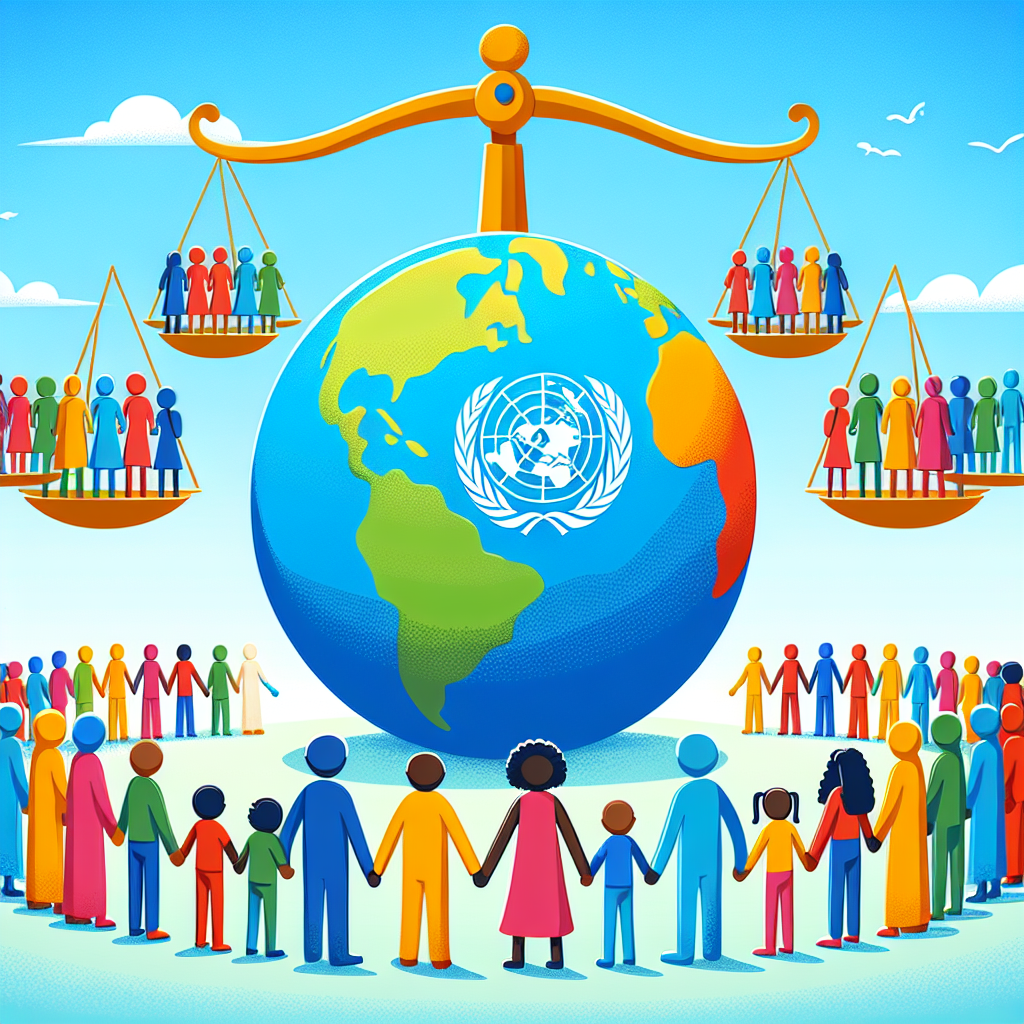Global Tensions Rise Over Human Rights Allegations Against China
Australia, the United States, and 13 other countries criticized China at the UN for alleged human rights abuses in Xinjiang and Tibet. Despite China's denial, they call for accountability and release of detainees. Parallel tension over Gaza highlights global divisions on human rights observations.

In a compelling session at the United Nations, a coalition of 15 countries, including Australia and the United States, confronted China over alleged human rights abuses in Xinjiang and Tibet. These nations underscored a need for accountability amidst accusations of arbitrary detentions and denial of religious freedoms.
Australia's UN Ambassador James Larsen, representing the coalition, demanded China uphold its human rights obligations and implement UN recommendations. He called for the release of individuals detained without cause in Xinjiang and Tibet, urging clarity on the status of missing people.
China has rejected these claims, with its UN Ambassador Fu Cong condemning the accusations as provocations based on falsehoods, especially juxtaposed against Western indifference to the crisis unfolding in Gaza. The contentious discourse underscores deep geopolitical divides on human rights matters.
(With inputs from agencies.)
ALSO READ
Massive Pro-Iran Protests: Demonstrators Rally Against Foreign-Backed Unrest
Gang Rivalries Unveiled: A Capture Unravels Underworld Secrets
Finnish Authorities Release Seized Ship Amid Ongoing Undersea Cable Sabotage Investigation
Court Drama: Anil Ambani's Son Faces Show Cause Notice from Union Bank
Tripura's Roadway Revamp: CM's Plans to Unclog Churaibari










